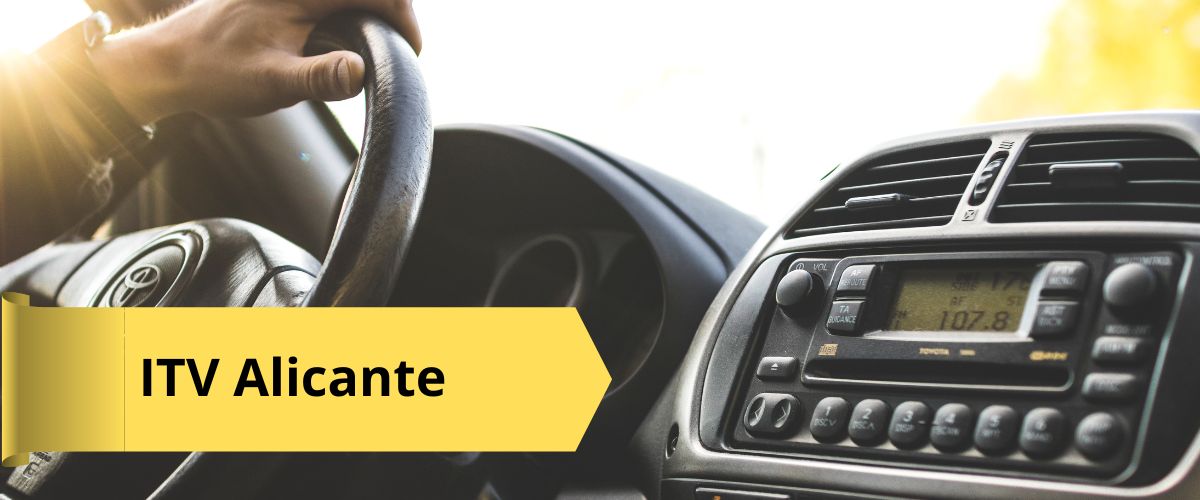Exactly how to Register a Foreign Vehicle in Spain: Step-by-Step Overview
Exactly how to Register a Foreign Vehicle in Spain: Step-by-Step Overview
Blog Article
Common Obstacles Dealt With Throughout Foreign Car Registrations and How to Overcome Them
Browsing the complexities of foreign lorry registrations can be an overwhelming job, stuffed with obstacles that differ substantially throughout territories. Concerns such as figuring out local guidelines, overcoming language barriers in necessary paperwork, and fixing up inconsistencies in automobile requirements usually develop. Comprehending tax obligation effects and conformity with safety and security criteria can better make complex the process. By examining reliable strategies to deal with these challenges, people can better place themselves for a smoother enrollment experience. The concern continues to be: what particular actions can be taken to reduce these common pitfalls?

Understanding Regional Rules
Browsing the complexities of international lorry enrollment starts with a comprehensive understanding of local policies. Each nation has its specific laws and needs governing the enrollment of lorries, which can differ dramatically from one jurisdiction to an additional (Register a foreign Vehicle in Spain). It is important for international lorry owners to familiarize themselves with these policies to make sure compliance and avoid possible penalties or legal complications

In addition, some jurisdictions mandate vehicle examinations to ascertain compliance with local security and discharges standards. This may require modifications to the lorry prior to it can be lawfully registered. Involving with regional authorities or speaking with legal experts can provide quality on these regulations.
Language Barriers in Documentation
Language obstacles pose significant difficulties when it comes to the documents required for foreign lorry registration. Many individuals experience troubles in recognizing the certain demands laid out in regional regulations, as these records are commonly released in the main language of the host country. Misconceptions can bring about the submission of wrong or insufficient documents, causing hold-ups or denial of enrollment.
Moreover, necessary papers, such as title acts, evidence of possession, and insurance plan, might not have conveniently available translations - Register a foreign Vehicle in Spain. This can produce confusion for foreign lorry proprietors that are unfamiliar with the neighborhood terms and lawful jargon. Consequently, browsing the registration procedure ends up being troublesome, usually requiring extra effort and time to make certain conformity
To alleviate these issues, it is a good idea for international lorry proprietors to seek professional translation solutions or seek advice from local specialists who can aid in comprehending the requisite documents. In addition, federal government companies may offer multilingual sources or standards to assist in the registration procedure. Proactively resolving language obstacles can streamline the registration experience, guaranteeing that all required papers are properly ready and submitted based on local laws.
Vehicle Spec Inconsistencies

Encountering car specification inconsistencies can develop considerable difficulties for foreign vehicle owners during the registration process. These discrepancies commonly emerge from differences in manufacturing requirements, measurement systems, and regulative needs in between the automobile's country of origin and the host country. An automobile that fulfills security and emissions requirements in one nation may not straighten with the specifications needed for enrollment in another, leading to hold-ups or straight-out denials.
To get rid of these difficulties, it is important for foreign car proprietors to perform next page comprehensive study before starting the enrollment process. This includes comprehending the certain needs established by the neighborhood authorities, such as safety criteria, exhausts degrees, and any required modifications. Engaging with a specialist solution concentrating on foreign automobile registration can likewise supply beneficial insights and aid in browsing these discrepancies.
Paperwork plays a vital duty, so making certain that all technical requirements and alterations are precisely reflected in the documentation can mitigate issues. Furthermore, maintaining open communication with local registration authorities can give quality on any type of potential discrepancies, permitting prompt resolution and effective enrollment of the automobile.
Browsing Tax Obligation Requirements
Understanding the tax demands connected with foreign car enrollment is essential for proprietors wanting to abide by local regulations. Each territory has certain tax obligations that need to be satisfied prior to a car can be lawfully registered. These might consist click this of import tasks, value-added tax obligations (BARREL), and annual automobile tax obligations, which can differ substantially depending Get More Info upon the vehicle's origin, worth, and specs.
To navigate these tax obligation demands efficiently, lorry proprietors ought to start by looking into the particular tax obligations suitable in their area. Consulting with local tax authorities or a tax professional with experience in international car registrations can offer clarity on the procedure and prospective responsibilities.
Additionally, it is important to preserve thorough documentation of the lorry's purchase and any repayments made, as this will certainly be essential for tax obligation calculations and possible audits. Proprietors must likewise know any kind of deadlines connected with tax payments to prevent charges or hold-ups in registration.
Assessment and Conformity Issues
Frequently dealing with inspection and conformity issues is vital for owners of international automobiles seeking to register them in a brand-new jurisdiction. Each region has distinctive regulations relating to lorry safety, discharges, and adjustments, which can pose considerable obstacles for owners unknown with neighborhood standards. Recognizing these needs is vital to prevent delays and added prices.
One common concern develops when international vehicles do not satisfy the host jurisdiction's safety and emissions requirements. Owners ought to proactively confirm that their vehicles follow regional laws, which might involve alterations or obtaining needed documents from manufacturers. Additionally, numerous territories need a comprehensive assessment by an authorized facility, which can result in more problems if the automobile stops working to fulfill specific standards.
To navigate these difficulties, owners can consult neighborhood car registration authorities or seek help from professionals acquainted with the registration process. Preparing all needed documentation beforehand, consisting of previous inspection records and evidence of conformity, can streamline the enrollment procedure. Inevitably, complete prep work and recognition of evaluation demands can considerably boost the probability of an effective foreign vehicle registration.
Verdict
In summary, the procedure of international car registration involves various obstacles, consisting of understanding of neighborhood laws, language obstacles in paperwork, discrepancies in vehicle requirements, navigation of tax needs, and assessment and conformity issues. Addressing these difficulties requires persistent study, use of professional translation services, and examination with local authorities. Engaging specialized solutions can make certain adherence to security and emissions criteria, eventually helping with a smoother registration process and conformity with all appropriate obligations.
Report this page